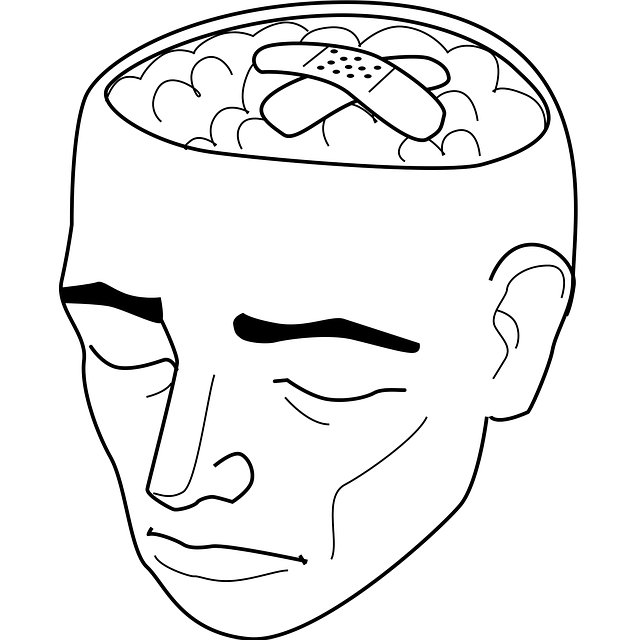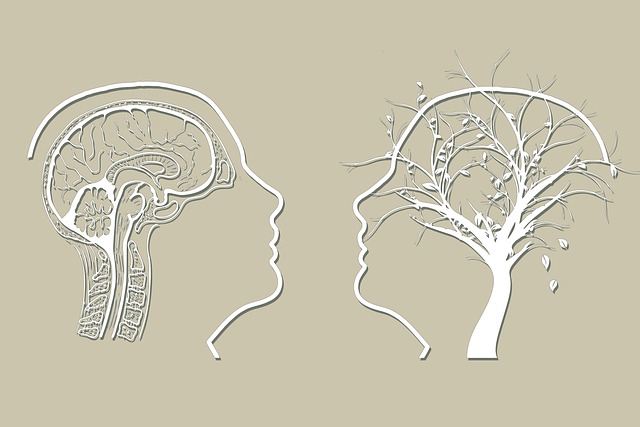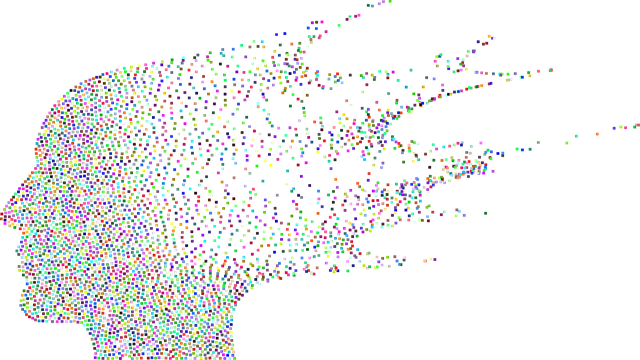In today's fast-paced world, mental wellness is paramount, and Northglenn Interpersonal Issues Therapy (NIIT) offers crucial support for emerging interpersonal challenges like work burnout and social stressors. Effective coaching curricula should integrate NIIT with evidence-based practices, focusing on stress management, resilience building, and communication improvement. Interactive sessions, tailored to diverse populations, empower participants to navigate complex emotions through science-backed interventions, including CBT and mindfulness. Measuring client progress through structured evaluations ensures the continuous refinement of coaching strategies, fostering inclusive environments for holistic mental well-being.
Mental wellness coaching programs are gaining prominence, especially in communities like Northglenn where interpersonal issues therapy is crucial. This article delves into the development of such programs, offering a comprehensive guide for creating effective curricula, integrating evidence-based practices, and tailoring support to diverse populations. We explore strategies for measuring success and assessing the impact of these initiatives on Northglenn residents’ mental health, highlighting best practices for community wellness.
- Understanding the Need for Northglenn Interpersonal Issues Therapy Programs
- Designing Effective Mental Wellness Coaching Curricula
- Incorporating Evidence-Based Practices in Coaching
- Strategies for Tailoring Programs to Diverse Populations
- Measuring and Evaluating Success: Assessing Program Impact
Understanding the Need for Northglenn Interpersonal Issues Therapy Programs

In today’s fast-paced world, mental wellness is more critical than ever before. Northglenn Interpersonal Issues Therapy programs play a pivotal role in addressing the growing need for effective coping mechanisms among individuals and communities. The modern landscape presents unique challenges that can contribute to significant interpersonal issues, from work-related burnout to social stressors. These therapy programs are designed to help people navigate these complexities by fostering resilience and developing robust coping skills.
By focusing on interpersonal issues, coaching initiatives empower individuals to build mental fortitude against life’s hardships. The goal is not merely to treat symptoms but to equip participants with tools for long-term well-being. Through various therapeutic techniques, Northglenn Interpersonal Issues Therapy facilitates personal growth, enhances communication skills, and promotes healthier relationships—all essential aspects of preventing burnout and cultivating resilience in a demanding world.
Designing Effective Mental Wellness Coaching Curricula

When designing effective mental wellness coaching curricula, it’s essential to integrate a comprehensive approach that addresses various aspects of an individual’s well-being, including Northglenn interpersonal issues therapy. A tailored curriculum should blend evidence-based practices with practical strategies, ensuring participants gain skills to manage stress, enhance resilience, and improve communication. Incorporating interactive sessions, case studies, and role-playing scenarios allows for hands-on learning, enabling coaches to effectively guide clients through complex emotional landscapes.
The development process should also consider the evolving nature of mental health discourse. Leveraging resources from reputable sources, such as those found in Mental Wellness Podcast Series Production, ensures that the curriculum stays current with emerging research and trends. Additionally, integrating Mental Health Education Programs Design methodologies promotes a user-centric approach, making sure the coaching program resonates with diverse learner needs. Ultimately, a well-crafted mental wellness coaching curriculum should foster an inclusive environment where participants feel empowered to navigate their mental health journeys with confidence and support.
Incorporating Evidence-Based Practices in Coaching

Incorporating evidence-based practices into coaching programs is a key strategy for ensuring their effectiveness in addressing various mental wellness concerns. By drawing on well-researched therapeutic techniques, coaches can offer clients proven methods tailored to specific issues like Northglenn Interpersonal Issues Therapy. This approach leverages science-backed interventions that have been rigorously tested and shown to produce positive outcomes, such as enhanced mood management and positive thinking skills.
One such evidence-based practice is cognitive behavioral therapy (CBT), which focuses on identifying and changing negative thought patterns and behaviors. Another is mindfulness-based practices, which foster present-moment awareness and non-judgmental acceptance. These techniques, when integrated into coaching sessions, can empower individuals to navigate their challenges more effectively, ultimately contributing to improved mental wellness outcomes.
Strategies for Tailoring Programs to Diverse Populations

In developing mental wellness coaching programs, tailoring interventions to diverse populations is paramount. Northglenn Interpersonal Issues Therapy, for instance, can be adapted to cater to various cultural backgrounds, age groups, and individual needs. One effective strategy involves incorporating culturally sensitive practices, ensuring that the program resonates with participants from different ethnic or racial origins. For example, integrating specific meditation techniques or mindfulness practices from traditional cultures can enhance accessibility and engagement.
Additionally, providing Mental Wellness Journaling Exercise Guidance allows for personalization, catering to unique challenges and strengths within each individual’s journey. This approach fosters self-reflection and empowers clients to take ownership of their emotional healing processes. By combining tailored activities with evidence-based practices, such as cognitive behavioral therapy techniques, coaches can create inclusive environments that support the holistic development of inner strength.
Measuring and Evaluating Success: Assessing Program Impact

Measuring success is a pivotal aspect of developing effective Mental Wellness Coaching Programs. It involves assessing the impact and outcomes of the coaching, ensuring that clients’ emotional healing processes are supported and enhanced. By implementing structured evaluation methods, coaches can identify what works best for their clients and make data-driven adjustments to their approaches. This not only improves individual sessions but also contributes to the overall Northglenn Interpersonal Issues Therapy landscape, fostering a more tailored and successful treatment experience.
Evaluating program impact goes beyond satisfaction surveys. It includes tracking client progress in terms of managing stress, improving communication skills, cultivating positive thinking, and enhancing overall mental wellness. Through regular check-ins, progress assessments, and feedback sessions, coaches can gain valuable insights into the effectiveness of their methods, enabling them to tailor coaching strategies to meet individual needs. This iterative process is crucial for continuous improvement and ensures that Mental Wellness Coaching Programs Development remains responsive to evolving client requirements.
The development of comprehensive mental wellness coaching programs, such as those offered through Northglenn Interpersonal Issues Therapy, is a vital step towards fostering better mental health outcomes for diverse populations. By incorporating evidence-based practices and tailoring curricula to meet specific needs, these programs can significantly impact individuals’ lives. Effective coaching strategies not only enhance self-awareness and resilience but also provide much-needed support in navigating interpersonal challenges. As we continue to prioritize mental wellness, further research and refinement of these programs will be essential to ensuring their accessibility and efficacy across various communities.









